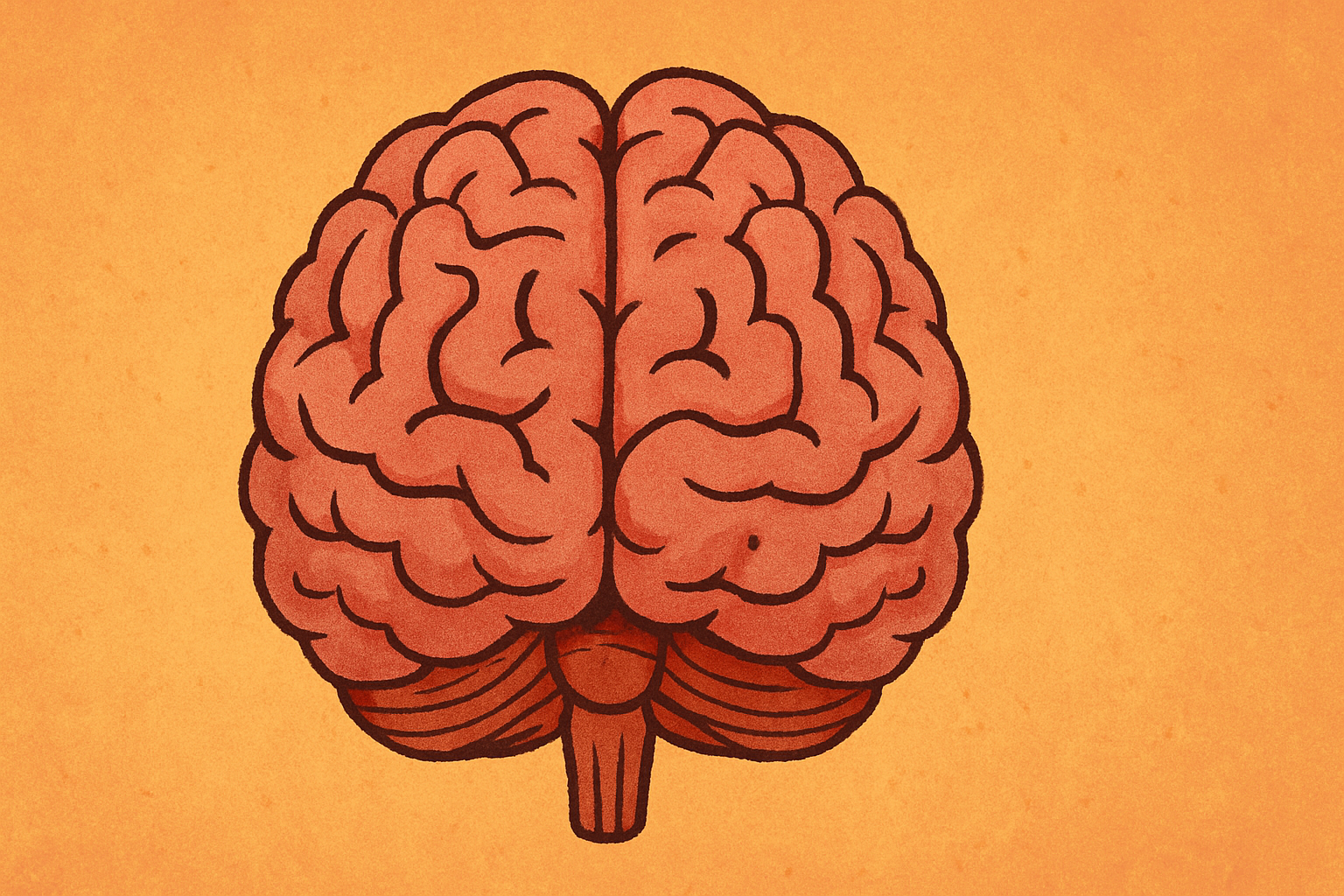The faces may become unfamiliar, the rooms may feel strange, but our senses rarely lie – memory does, in turn. When we struggle to recall a name, a number, or the simplest sequence of events, it is the loudest reminder that our brains need exercise just like any other part of the body. Fortunately, there are different approaches and tools that challenge your recall, improve focus, and offer fun (no matter where you are and how you feel.
Online memory games remain one of the most efficient ways to boost the brain’s capacity and push your brain to remember more and think faster. Nonetheless, it is vital to choose the most suitable option for one to simply enjoy a playful mental workout, not a daunting task that may deplete one’s inner battery. So, what do these games mean, and how to employ them properly?

This Is How Our Memory Works
Our brain is composed of different segments, each responsible for specific functions that together make memory possible (memory is a complex system, not a single function that operates within other, more profound structures of the mind). These usually include:
- Hippocampus: Acts like a librarian, who stores and organizes new information for later retrieval.
- Prefrontal Cortex: Supports working memory to hold and manipulate information over short periods (like remembering a shopping list).
- Amygdala: Links memories to emotions, which is why some experiences remain vivid while others fade away.
- Cerebellum: Plays a role in procedural memory for one to remember how to perform tasks like riding a bike or typing.
At a basic level, memory can be divided into two major groups, i.e., short-term memory and long-term memory. Short-term memory, on its part, holds information for a few seconds or minutes, but long-term memory stores information for days, years, or even a lifetime. The only things needed are attention, connection, advanced cognition, and a bit of persistence.
We remember things better when we actively focus on them or associate them with other knowledge, emotions, or sensory experiences. Effort is vital (this is what makes our memory so vivid and rich).
Test Your Memory: Is It Good Enough to Go?
It is one thing to read about memory and how it works, and another to see how sharp you are. Grab a pen and paper (or just use your mind!) and see how many items you can recall.
Memory Challenge
Look at the following list of 12 random words for 30 seconds. Try to memorize as many as you can:
- Apple, Train, River, Book, Guitar, Chair, Sun, Candle, Elephant, Clock, Balloon, Key
After 30 seconds, look away and write down as many words as you can remember.
Score yourself
- 10 to 12 words: Excellent memory! You are a memory master.
- 7 to 9 words: Good memory, but there is room for improvement.
- 4 to 6 words: Average memory; a few brain exercises can help.
- 0 to 3 words: Your brain is ready for some serious training!
Tip: Try repeating the test every few days or increasing the list to track improvement. Hence, you will be surprised at how quickly your recall sharpens with practice.

Try These Games Now
Memory is usually unpredictable: some details are well stored and then recalled on a whim, others remain obscure all the time. Nonetheless, so as not to lose control over the body and mind, one may easily train their memory and strengthen recall through regular practice, engaging exercises, and brain-stimulating activities. But what are they?
| Task | Instructions | What It Tests | Scoring/Reflection |
| Word Recall | Read this list of 10 words for 30 seconds: Apple, Train, River, Book, Guitar, Chair, Sun, Candle, Elephant, Key. Then write down as many as you can remember. | Short-term verbal memory | 8–10 words: Excellent; 5–7: Good; 3–4: Needs practice; 0–2: Work on focus. |
| Number Sequence | Memorize this sequence: 3 – 7 – 1 – 9 – 4 – 6. Wait 20 seconds, then try to write it down without looking. | Working memory & focus | All correct: Strong working memory; Missed 1–2: Fair; Missed 3+: Train with sequences. |
| Visual Memory | Close your eyes and imagine your kitchen. Try to list at least 7 specific items and where they are placed. | Spatial & visual memory | 7+ items: Great visual memory; 4–6: Average; <3: Needs practice. |
| Story Recall | Read this mini-story once: “Emma walked to the park, fed two ducks, then met her friend Lily for coffee at noon.” aWait 1 minute, then retell as many details as possible. | Episodic memory | All details: Strong recall; 2–3 details: Moderate; 0–1: Low recall. |
| Attention & Focus | Look at this sequence: A, C, F, H, K, M, P. What letter comes next? | Pattern recognition & attention | Correct answer (R): Sharp; Incorrect: Needs practice with focus tasks. |
Take It Online: Memory Games That Train Your Brain
Online games can be delivered via different forms and mechanics, though their target is always the same – to entertain and expand the cognitive abilities of their users and encourage consistent mental engagement. Here are a few popular options:
- Lumosity: Offers daily personalized brain workouts, including memory, speed, and problem-solving games.
- CogniFit: Scientifically approved memory games that track your progress over time.
- Peak: A mobile app with short, fast-paced games for improving focus and memory.
- Simon Online: A digital version of the classic memory-sequence game with lights and sounds.
- Brainist: Free web-based platforms with visual and number memory challenges.
- Mind Elevate: A newer platform with memory games and elements to boost focus, attention, math, music, and even more.
How to Track Your Progress Appropriately
Consistency is one of the most important factors that may define how efficient this experience is to be and how quick one is at self-improvement. Anyway, tracking your progress may help one stay motivated and give one a clear sense of achievement as their recall skills improve. So, here are some effective ways to do it:
- Keep a Score Journal. Write down your results after each game session. Note the date, your score, and how difficult the challenge felt. Over weeks, patterns will emerge.
- Use Built-in Tracking Tools. Many platforms like Lumosity, CogniFit, and Mind Elevate automatically measure your performance and show progress graphs to keep you motivated all the time.
- Set Personal Benchmarks. For example, aim to increase your word recall from 6 to 8 words within a month, or cut your response time in half.
- Mix Different Game Types. Rotate between visual, verbal, and sequence-based games to see balanced improvement across multiple areas of memory.
- Reflect on Daily Life. Pay attention to everyday memory tasks, such as recalling names, grocery lists, or directions, to see if they feel easier over time.
Expert Tips & Tricks to Try
1. Optimize Your Brain’s Environment
Your memory performs best when your brain is well-rested, well-nourished, and focused. Always opt for good sleep (up to 9 hours per night) to consolidate memories and have enough energy to fight. Do not forget about a fine diet and fuel your brain with nutrient-rich foods like omega-3 fatty acids (fish, walnuts), antioxidants (berries, dark chocolate), and B vitamins, while staying hydrated throughout the day. When possible, reduce distractions (focus is vital anytime).
2. Train Consistently with Effective Techniques
Regular practice is essential. Instead of cramming, train in short, daily bursts (10 to 15 minutes at a time) to leverage spaced repetition, which improves long-term retention. Use mnemonics and associations to make recall easier: create vivid mental images, acronyms, or funny stories to link information, and gradually increase the difficulty of your memory exercise.
3. Enhance Focus and Cognitive Agility
Cognitive performance is typically dependent on physical and mental stimulation. In fact, regular exercise increases blood flow and supports hippocampal health. Practicing mindfulness or short meditation sessions reduces stress, sharpens attention, and strengthens working memory.
Train your memory to be more flexible. It is not a gift but a routine to cherish and stick to forever.



